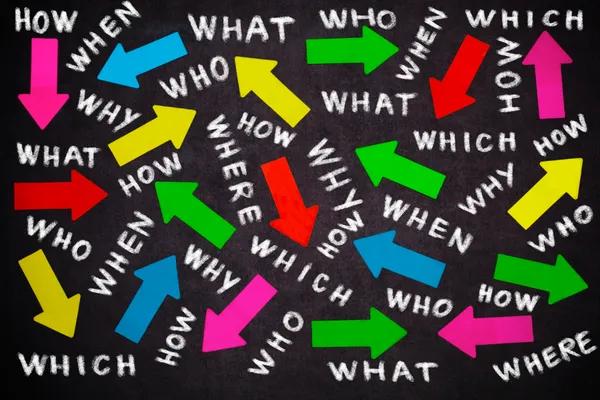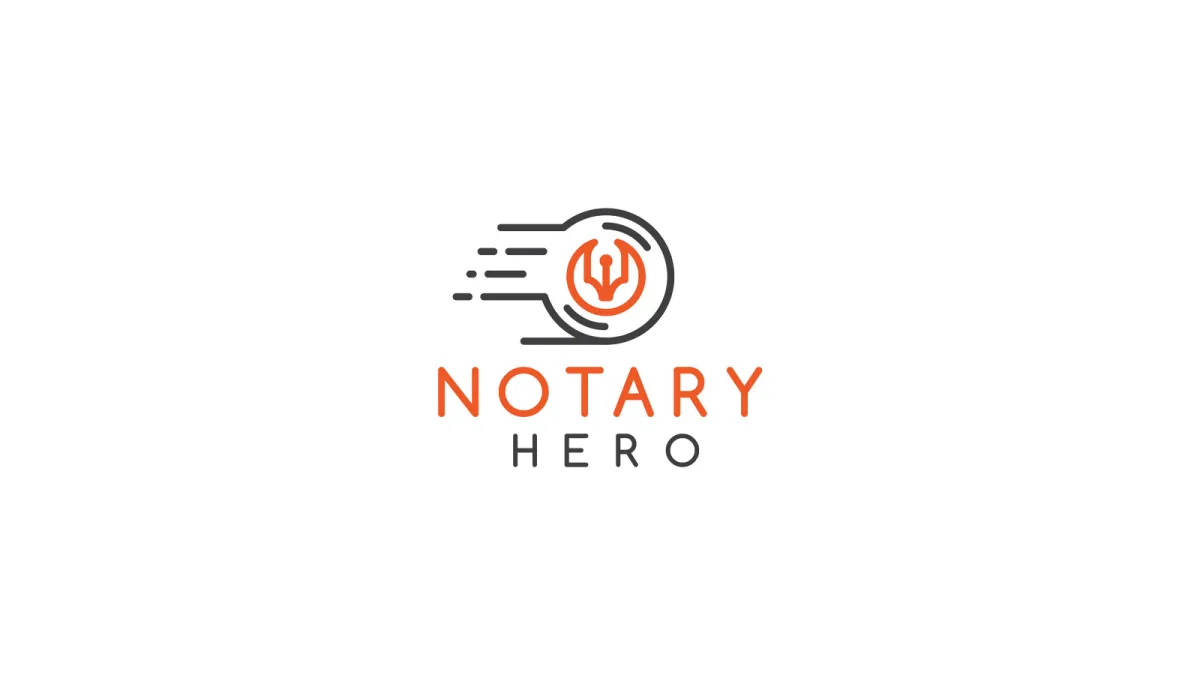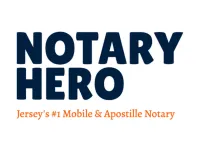Phone: (732) 863-2894

Notary Copy Certification for Apostille Authentication: What You Need to Know
At Notary Hero & Apostille Services we frequently receive inquiries from individuals and businesses seeking guidance on obtaining a certification of documents from a notary.In this blog post, we'll explore a notary copy certification, why it's crucial for apostille authentication, and how to obtain one.
In some cases, to obtain an apostille, you will need to provide a notarized copy of the original document with a notary copy certification.
A notary copy certification is a type of notarization that verifies the authenticity of a copy of an original document. This notarization is often required for documents that are being submitted for apostille authentication, which is a process that verifies the authenticity of a document for use in another country.
What is a Notary Copy Certification?
A notary copy certification is a certification that verifies the authenticity of a copy of an original document. It is typically performed by a notary public, who attests that the copy is a true and accurate representation of the original document. This certification differs from a certified copy, which is a copy of a document certified by the government or another authorized entity.
A certified copy is a replica of a document, such as a birth certificate, marriage license, or diploma, already on file with an official custodian. A certified copy bears the seal or signature of the custodian who attests that the copy is true and correct. A certified copy can be used as proof of the information contained in the original document.
A few examples of Certified Copy documents:
Vital Records such as Birth, Death, and Marriage certificates
Divorce Decrees
Court Orders
School Transcripts
Recorded Documents
Why Do You Need a Notary Copy Certification for Apostille Authentication?
Apostille authentication is a process that verifies the authenticity of a document for use in another country. Many countries require apostille for documents such as driver's licenses, passports, utility bills, and academic transcripts, to name a few.
In some cases, to obtain an apostille, you will need to provide a notarized copy of the original document with a notary copy certification.
You may need copy certifications for many purposes, including:
Traveling to foreign countries, passports and visas
Buying or Selling real estate, power of attorney
Doing business overseas, Import/Export
Education opportunities
Relocation or living abroad
Opening bank accounts
Adoption
What are the requirements for a Copy Certification by the notary?
A copy of a document or other record may need to have a New Jersey notary public certify or attest that it is a complete, authentic, and accurate copy of the original.
There is no need for the notary to demand the presence of any specific person, nor is the notary required to identify anyone in connection with the notarial act of certifying a copy, as the notary is not verifying a signature.
Types of Documents that Require a Notary Copy Certification for Apostille Authentication
There are a variety of documents that may require a notary copy certification for apostille authentication.
Some examples of what can be copy certified in New Jersey are:
Articles of Incorporation
Bills or Invoices Photographs
Driver’s Licenses
Employee ID Cards
Passports, Diplomas, Certificates, or Awards
Personal Documents
Professional Licenses
Student ID Cards
Types of Documents that Cannot Be Copy Certified in the State of New Jersey by a Notary Public
It's important to note that not all documents can be copy certified by a notary public in New Jersey and the law explicitly prohibits notaries from certifying certain types of documents.
This is not a comprehensive list, but it includes most of the frequently requested documents:
Adoption Records
Any record indicating the copy is “void” may not qualify for a certified copy
Birth certificates, death certificates, marriage certificates, or divorce decrees
Court Documents: Divorce decrees, court orders, or judgments
FBI Fingerprint Cards
Motor Vehicle Titles
Recorded Documents
School transcriptions
What are the types of Certifications? Certification of Copy & Certification by Document Custodian
Certification of Copy and Certification by Document Custodian are two different types of certifications used to verify the authenticity of documents. Here are the key differences between the two.
Certification of Copy:
A Certification of Copy is a certification by a notary public or other authorized individual that a copy of an original document is a true and accurate representation of the original.
It is typically used when a person needs to provide a document copy, but the original must remain in the owner's possession. The certified copy can be used in place of the original.
Certification by Document Custodian:
Certification by a document custodian is a certification that a document is the original or that an authentic copy of the original is accurate and complete. The item is produced by the custodian of the original or reproduction, typically a records custodian or designated person.
While both types serve a similar purpose, they differ in their scope. The notary public uses the copy certification to certify that the copy of the original document is authentic.
While certification by document requires the custodian to certify that their copy is an authentic, exact, complete, and unaltered copy of the original.
It's essential to understand the differences between these two certifications to ensure that you use the correct certification type for your needs. If you are still deciding which certification to use, it's best to consult with a legal professional or authorized individual to determine the appropriate course of action.
Copy Certification in Summary
In this blog post, we explored the concept of notary copy certification, a notarization that verifies the authenticity of a copy of an original document. We talk about how this certification differs from a certified copy and what documents are needed to get an apostille.
Driver's licenses, passports, and academic transcripts are all documents that may need some copy certification. We also explain what a notary copy certification is and what kinds of documents a notary public in New Jersey can and cannot certify. We also present the difference between certification of copy and certification by document custodian and why it's essential to use the correct type of certification for your needs.
Visit Notary Hero, a New Jersey Mobile Notary, to schedule a mobile appointment or call us at 732-305-2480 if you have any questions.

Schedule an appointment

